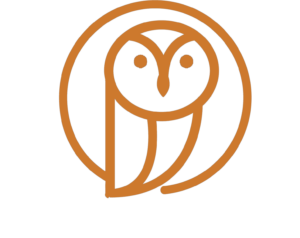The aim of the course is to familiarize students with Ancient Greece through the Ancient Greek literary sources in English translation with regard to aspects of public and private life. As far as private life is concerned, emphasis is placed on the leisure and recreational opportunities of the Athenian citizen. The texts cover a wide range of literary genres from all periods of ancient Greek literature. Since theatre played an important role in the entertainment of the Athenian citizen, a more thorough examination of ancient theatre and drama (birth, evolution, flourishing, tragedy, satirical drama, comedy, Aristotelian theories on drama, Aeschylus, Sophocles, Euripides, Aristophanes, Menander) is considered necessary in the context of this course.
Upon successful completion of the course, students will be able to:
• have a solid knowledge of ancient Greek theatre and drama both as literature and as a performing art and, more generally, of ancient Greek drama and its reception by modern and contemporary theatre,
• study comparatively the genres of ancient drama identifying similarities and differences,
• analyse and compare the key concepts, ideas and techniques in the works of Aeschylus, Sophocles, Euripides, Aristophanes and Menander,
• understand conditions and characteristics of the ancient Greek city-state related to various aspects of public life, as traced in representative texts, mainly rhetorical, of ancient Greek literature,
• have, through literary texts, a direct overview of the possibilities offered by the city- state, especially the Athenian republic, for entertainment and recreation, such as musical and sporting events, festivals, various public and private celebrations,
• assess and compare ancient Greek texts relating to public and private life and examine how specific practices and elements have survived to the present day with or without modifications and changes.


